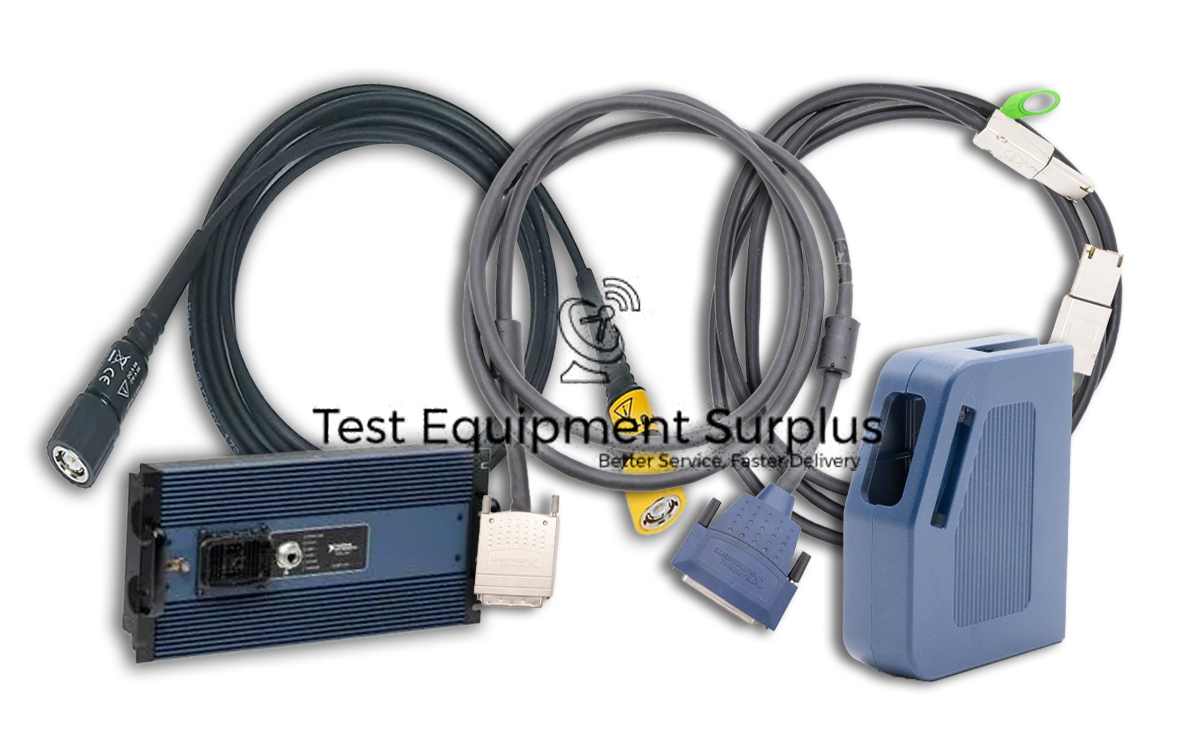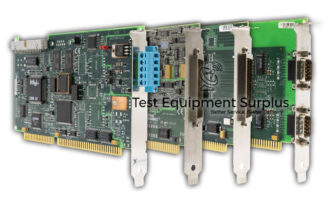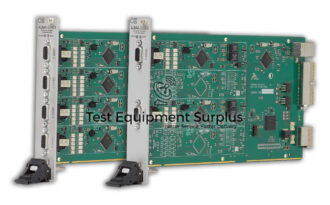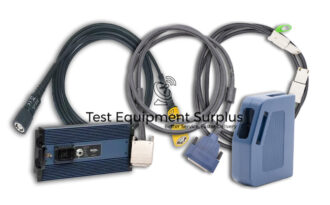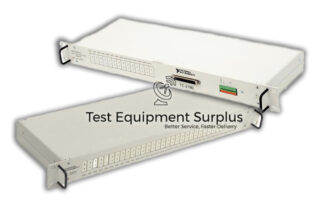Description
The National Instruments SH100M-100M Multifunction Cable, previously known as the SH100100, is engineered for compatibility with E Series Devices and Accessories. This robust cable is equipped with 100-Pin Male SCSI-II connectors to facilitate reliable connections.
It is offered in a variety of lengths to meet diverse user requirements, including 1 meter (182853-01), 2 meters (182853-02), 5 meters (182853-05), and 10 meters (182853-10). Each version of the cable maintains identical connection characteristics and is designed to cater to different spatial configurations.
One of the key features of the SH100M-100M cable is its shielded construction with twisted pairing, which significantly enhances signal integrity over similar unshielded varieties. This makes it an optimal choice for users aiming to connect Multifunction I/O Devices in environments where signal quality cannot be compromised.
| Property | Specification |
|---|---|
| Product Name | National Instruments SH100M-100M Multifunction Cable |
| Former Part Number | SH100100 |
| Compatibility | E Series Devices and Accessories |
| Connector Type | 100-Pin Male SCSI-II |
| Available Lengths and Part Numbers |
1 meter (182853-01) 2 meters (182853-02) 5 meters (182853-05) 10 meters (182853-10) |
| Features | Shielded, Twisted Pairing |
| Use Case | Connecting Multifunction I/O Devices |
Question 1: What are the available length options for the National Instruments SH100M-100M Multifunction Cable and how do its 100-Pin Male SCSI-II connectors contribute to its functionality?
Answer 1: The shielded and twisted pair construction of the National Instruments SH100M-100M Multifunction Cable is particularly beneficial for connecting Multifunction I/O Devices in environments where maintaining signal integrity is crucial and there is a potential for electromagnetic interference or signal noise.
Question 2: What types of environments make the shielded and twisted pair construction of the National Instruments SH100M-100M Multifunction Cable particularly beneficial for connecting Multifunction I/O Devices?
Answer 2: The National Instruments SH100M-100M Multifunction Cable is designed for compatibility with E Series Devices and Accessories, and its key features that ensure signal integrity include shielded construction with twisted pairing, which significantly reduces signal interference compared to unshielded cables.
Question 3: What types of devices and accessories is the National Instruments SH100M-100M Multifunction Cable designed for compatibility with, and what are its key features that ensure signal integrity?
Answer 3: The National Instruments SH100M-100M Multifunction Cable is available in lengths of 1 meter (182853-01), 2 meters (182853-02), 5 meters (182853-05), and 10 meters (182853-10) to accommodate different spatial configurations, and its shielded construction with twisted pairing benefits signal integrity by reducing electromagnetic interference and crosstalk, ensuring more reliable connections for Multifunction I/O Devices.
Question 4: What are the advantages of using the National Instruments SH100M-100M Multifunction Cable with shielded construction and twisted pairing when connecting Multifunction I/O Devices?
Answer 4: The National Instruments SH100M-100M Multifunction Cable is available in lengths of 1 meter (182853-01), 2 meters (182853-02), 5 meters (182853-05), and 10 meters (182853-10), and its 100-Pin Male SCSI-II connectors are designed to ensure reliable connections with E Series Devices and Accessories, contributing to its functionality by providing a stable and robust interface for signal transmission.
Question 5: What lengths are available for the National Instruments SH100M-100M Multifunction Cable to accommodate different spatial configurations, and how does its shielded and twisted pair construction benefit signal integrity?
Answer 5: The advantages of using the National Instruments SH100M-100M Multifunction Cable with shielded construction and twisted pairing when connecting Multifunction I/O Devices include enhanced signal integrity and reduced susceptibility to electromagnetic interference, ensuring reliable and high-quality connections in environments where maintaining signal quality is crucial.

